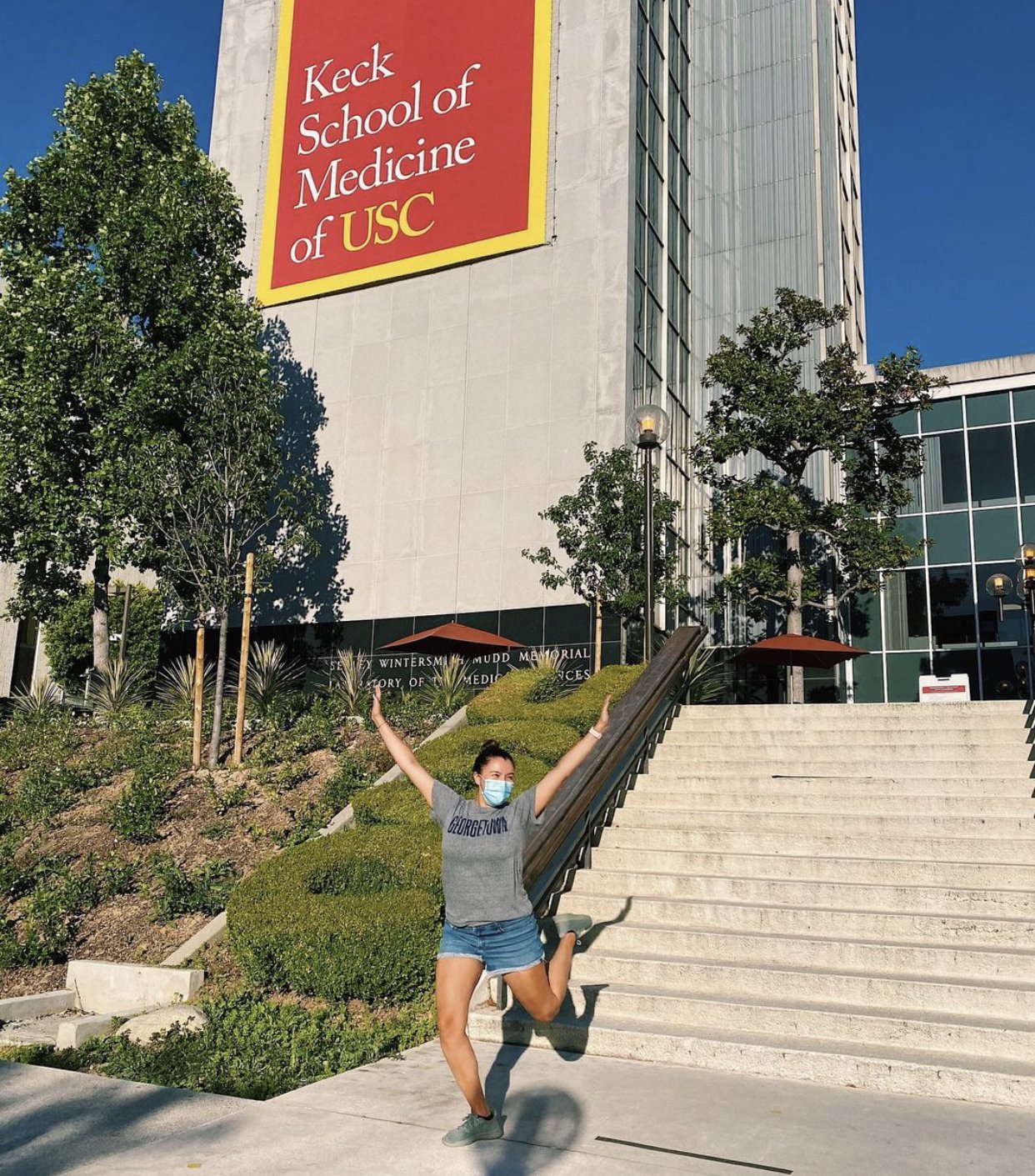Pre-Med Problems: What clinical experience should I get?
By: Nathan Kim ‘24
What is clinical experience?
It’s any type of activity that includes patient interaction and taking care of patients. Medical schools want you to gain clinical experience as a way to see if you want to take the medical path and so you get exposed to and experience what healthcare is like before committing to medical school. However, there are a multitude of factors to consider before committing yourself to one clinical experience because there are many hiccups that might hurt you in the long run. What Clinical Experience Should I get?
Starting with clinical jobs, the first thing to keep in mind is that these are full-time or part-time jobs. Although there may be a few companies that would work around your school schedule, most companies will need you to put in 20-40 hours per week.
For a better idea of what’s required in each role: EMTs respond to 911 calls in ambulances, MAs do basic administrative and clinical tasks at a hospital or with physicians, CNAs directly take care of patients and help out nurses, scribes follow and document the physician-dictated patient history, and Lab Techs maintain the lab and record data. Because these are jobs you will get paid—albeit minimum wage—and it can be stressful and physically taxing at times.
Another thing to keep in mind is that these jobs sometimes require a certification, which can incur extra costs and require greater time invested. Despite these jobs not being the most feasible during college, they are one of the best types of clinical experiences one can receive because they expose you to a ton of different patients and provide many opportunities to grow on a personal and professional level.
Hospital Volunteering
Hospital volunteering is a more likely option for college clinical experience. At virtually every major hospital, these volunteering programs are set up as a way for students to come in once or twice a week throughout the year in 4 or 8 hour shifts to help out with whatever patients need. They don’t have any prerequisites and can be started any time. They do have a minimum hour requirement, which ranges from 200 to 300 hours, and volunteers obviously do not get paid for their time. Programs like the COPE Health Scholars, Keck Hospital Volunteer Program, and the LAC + USC Volunteer Program are all viable options for anyone to rack up clinical hours. In comparison to clinical jobs, hospital volunteering requires less time and responsibility, and this is a solid way to fulfill the clinical experience requirement, especially for college students, even though you don’t get paid.
Hospice Care and Volunteer Work
Working at a nursing home or hospice care is another way to get clinical experience. The only difference here is that hospice care is a short-term care facility while a nursing home is a long-term care facility. You will mostly be taking care of the elderly, making sure that they are comfortable and cared for. This experience is halfway between the clinical jobs and hospital volunteering because it can either be a job or a volunteer experience depending on the facility. However, this doesn’t require any prerequisites just like hospital volunteering, and activities are somewhat similar to being a CNA.
Local Clinics
Local clinics are another option similar to hospital volunteering that is good for clinical experience. They are sometimes tailored towards specific specialties like OB/GYN clinics, primary care clinics, and mental health clinics, so you can choose one based on your interests. The upside of clinics to hospitals is that it is less structured and rigid, allowing you to be more creative with your role. You will usually be working with the support staff or the physicians doing whatever is needed. Personally, I think local clinics would be the best option if you are a student over hospital volunteering.
If you have any more questions, I recommend that you reach out to the Prehealth Office or apply to THV because they have a flurry of opportunities for you to participate in. Good luck fellow premed!
Want more from Trojans 360?
Visit Trojans 360 on Facebook & Twitter to stay up to date with more student content! You can also Ask A Trojan an anonymous question, and we’ll try to answer it in a future post. And don’t forget to follow us on Instagram!
Trojans 360 is USC’s official student-run blog. Content created by students, for students.

